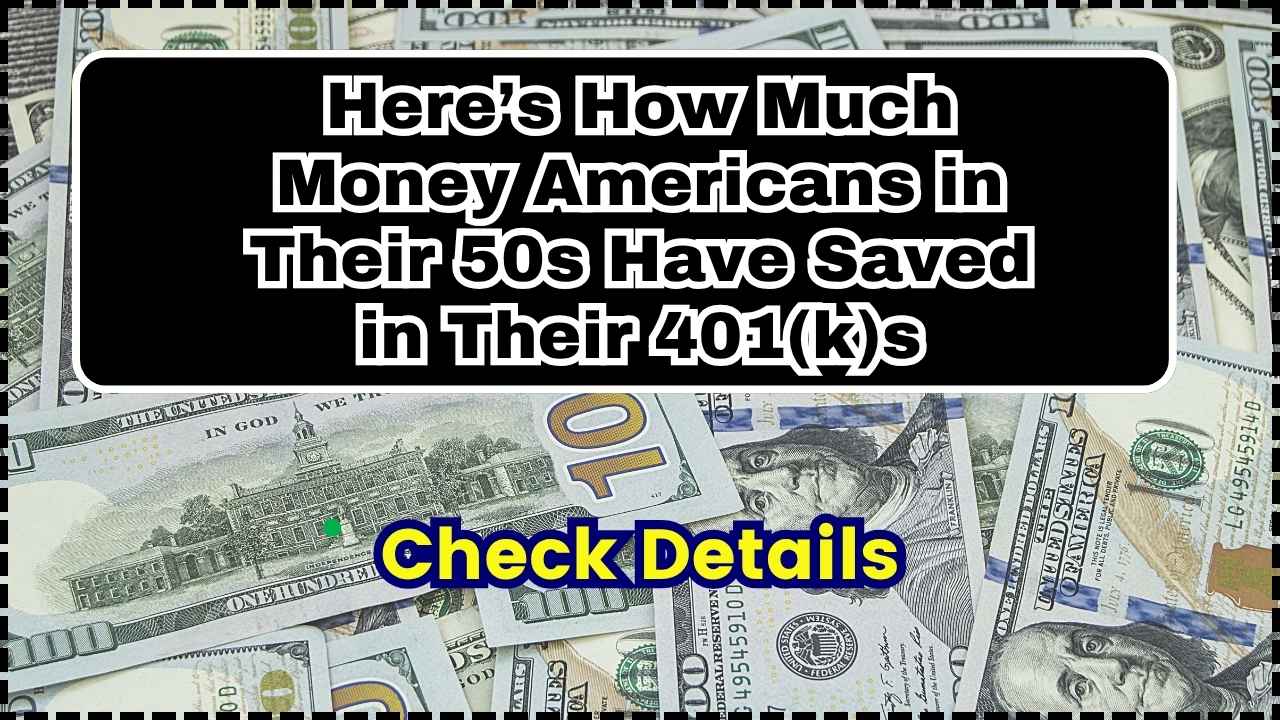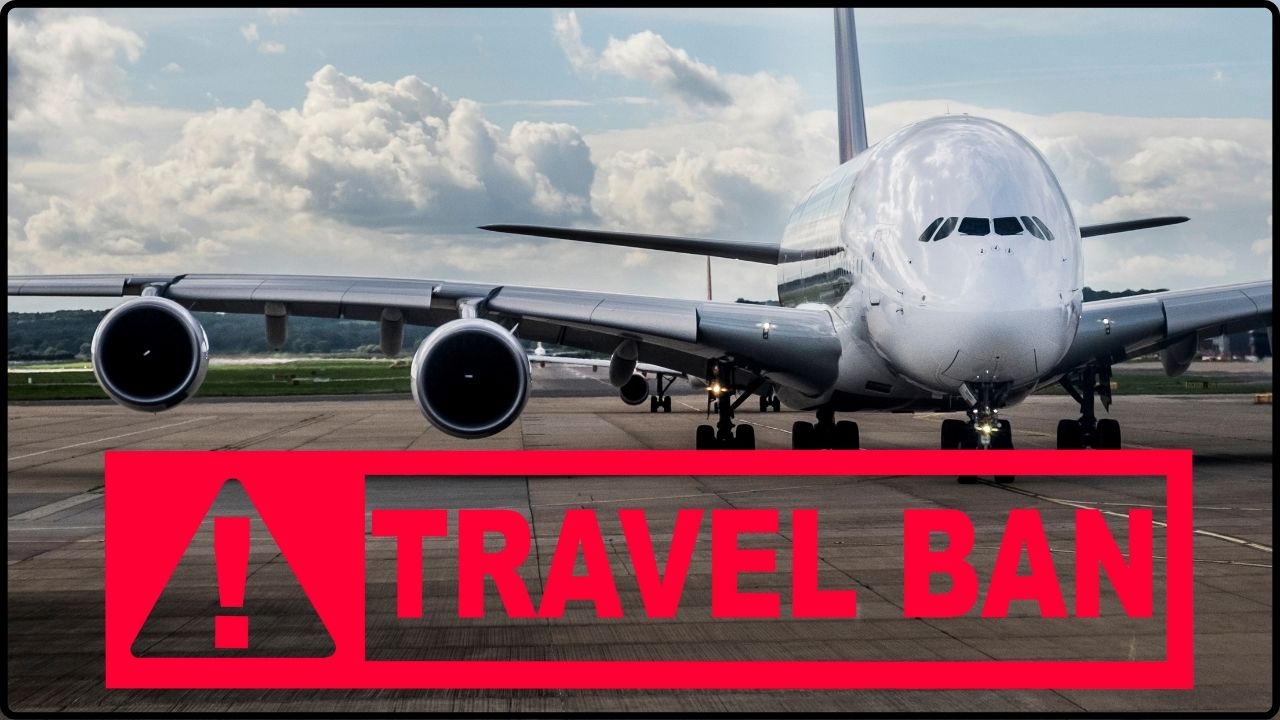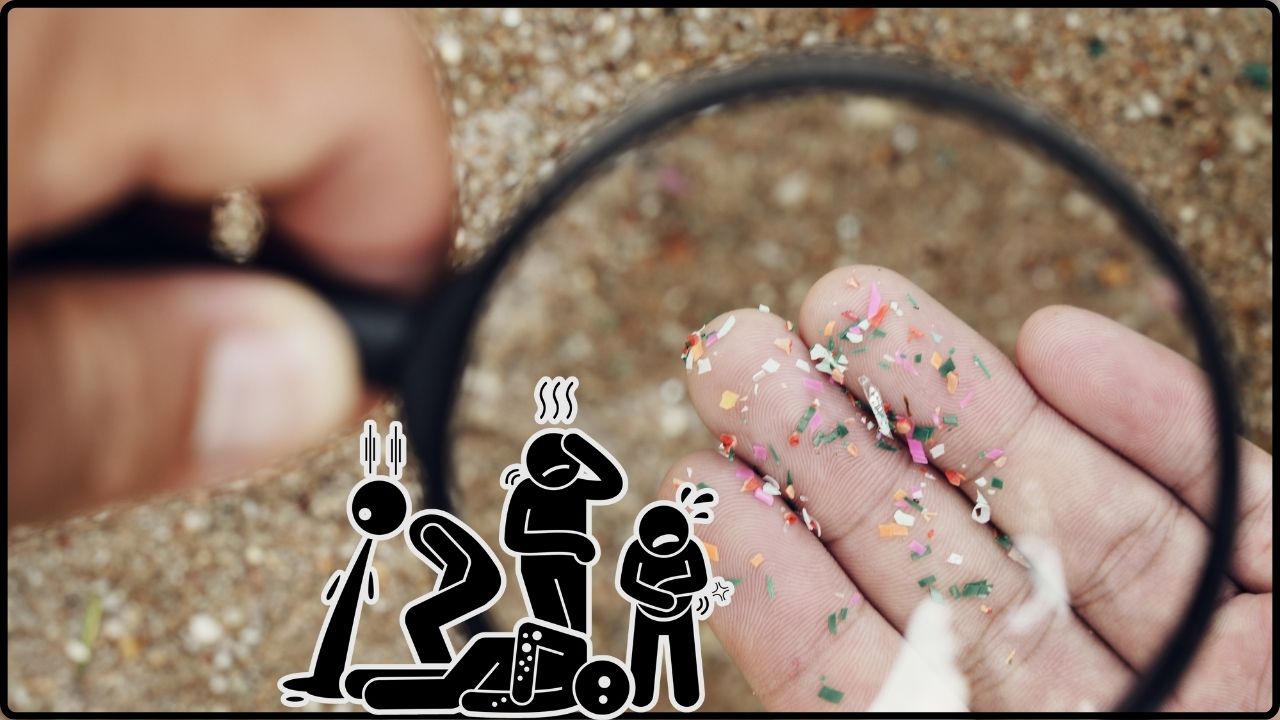Trump Pushes TikTok Deadline: In a headline-grabbing move that’s causing ripples across Washington, Wall Street, and the creator economy, President Donald Trump has issued a third extension on the deadline requiring ByteDance to divest TikTok’s U.S. operations. The new cutoff date is now September 17, 2025, giving the Chinese-owned app another 90 days to find a U.S.-based buyer—or risk being banned from operating in the United States. This story goes beyond politics. It hits on issues of national security, digital rights, international law, and the very nature of who controls the internet in our era. TikTok isn’t just another app. It’s a cultural and economic juggernaut with over 170 million American users, most of whom are under 30. Whether you’re a content creator, a lawyer, a parent, or a policymaker, this decision affects you in more ways than one.
Trump Pushes TikTok Deadline
President Trump’s latest extension of TikTok’s divestment deadline buys ByteDance a little more time—but not much. With China holding the algorithm and U.S. lawmakers watching closely, the future of one of America’s most popular apps hangs in the balance. Whether it’s sold, banned, or caught in more red tape, one thing is clear: TikTok’s next move could shape global tech policy for years to come.
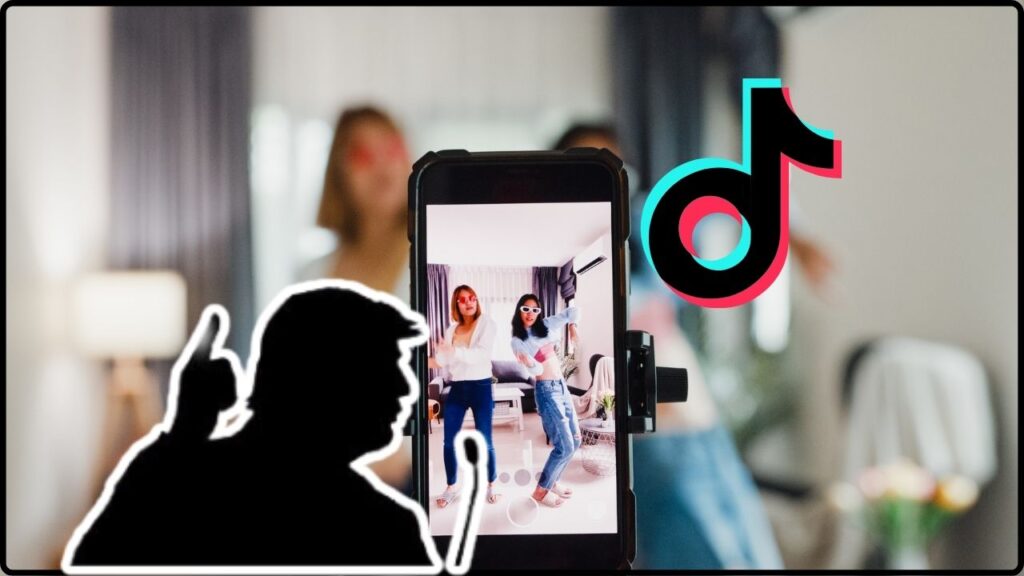
| Topic | Details |
|---|---|
| New Deadline | September 17, 2025 |
| Original Law | Protecting Americans From Foreign Adversary Controlled Applications Act (PAFACA), passed April 2024 |
| Why the Extension? | Ongoing buyer talks, regulatory gridlock, China’s export controls |
| Potential U.S. Buyers | Oracle, Walmart, Amazon |
| China’s Role | Must approve any transfer of TikTok’s algorithm under Chinese law |
| Estimated U.S. Users | 170 million |
| Legal Challenge? | None yet, but critics question the third extension’s legality |
| Global Echo | India banned TikTok in 2020; EU has launched investigations |
| Source | Reuters, The Guardian, WhiteHouse.gov, Congress.gov |
A Quick Timeline: How We Got Here
This isn’t the first time TikTok has landed in hot water with U.S. officials. The current drama dates back over five years:
- August 2020: Then-President Trump signed an executive order attempting to ban TikTok and WeChat over national security concerns. The order was challenged in court and blocked.
- 2021–2023: Under President Biden, the issue simmered. Investigations into TikTok’s data handling practices continued behind closed doors.
- April 2024: Bipartisan lawmakers passed the Protecting Americans From Foreign Adversary Controlled Applications Act (PAFACA), giving ByteDance until January 19, 2025, to sell TikTok’s U.S. business.
- January 2025: Trump’s first 90-day extension.
- April 2025: Second extension.
- June 19, 2025: Third and latest extension announced. The new deadline is September 17, 2025.
What Is PAFACA?
The Protecting Americans From Foreign Adversary Controlled Applications Act—commonly known as PAFACA—was passed in April 2024 with rare bipartisan support. The law targets apps and tech platforms controlled by “foreign adversaries,” specifically those that may pose risks to U.S. national security.
The legislation gave ByteDance—a Chinese company headquartered in Beijing—270 days to sell TikTok’s American business or face a ban. The law also permits one 90-day extension if the company can show “substantial progress” toward a sale.
What’s raising eyebrows now is that the Trump administration has issued three extensions—not just one. While no lawsuits have been filed yet, legal experts and lawmakers are questioning whether this stretches the law beyond its original intent.
Why China’s Approval Is Critical?
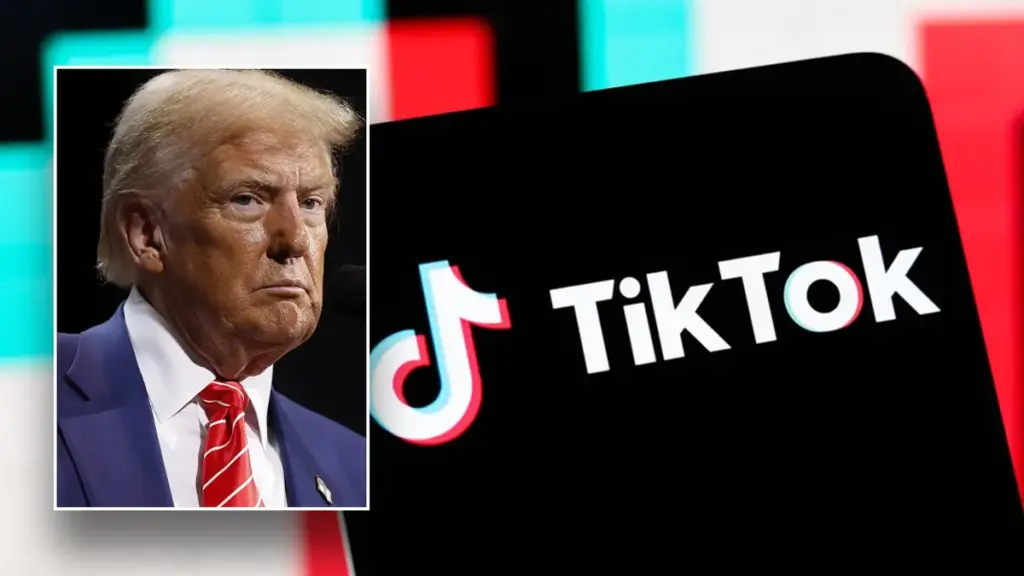
Here’s the core issue: ByteDance can’t just sell TikTok like you’d sell your car.
TikTok’s value lies in its powerful, highly advanced algorithm—the one that decides what shows up on your “For You” page. This algorithm is classified as a “restricted export” by the Chinese government. That means any deal involving it needs Beijing’s official blessing.
China has made it clear: it opposes a forced sale of TikTok and sees it as an infringement on its national and corporate sovereignty. So far, no deal has been approved, and Beijing appears in no hurry to make it easy.
As President Trump recently said in a White House press briefing:
“TikTok can’t be sold without China’s approval. That’s just the facts. We’re not the only ones with a say.”
Why Trump Pushes TikTok Deadline Matters for the U.S.?
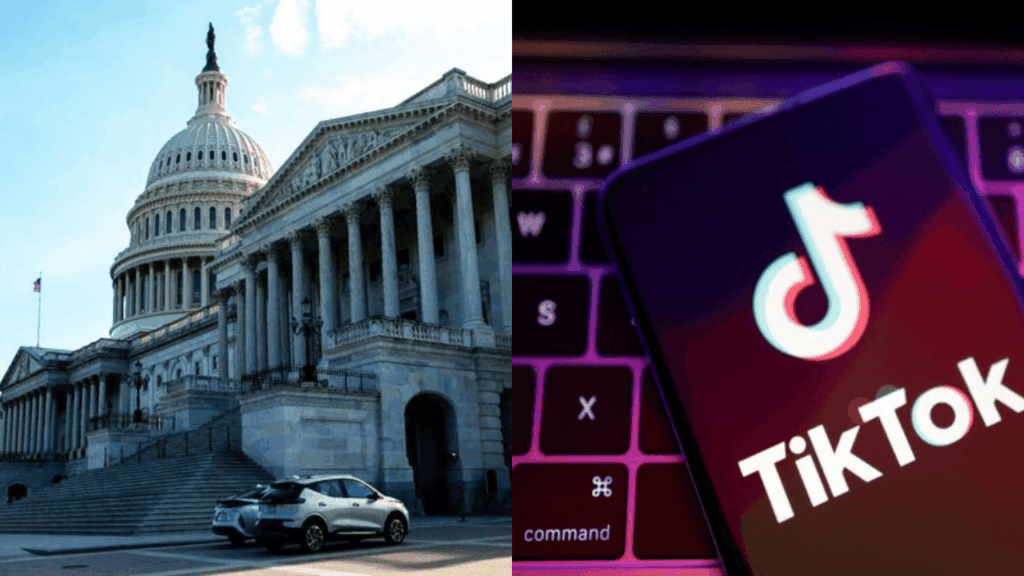
This isn’t just about a social media app. It’s about who controls digital influence and access to massive amounts of user data.
According to the U.S. government, TikTok could potentially:
- Share sensitive user data with the Chinese government (ByteDance denies this).
- Be used as a platform for disinformation or propaganda.
- Become a digital surveillance tool aimed at U.S. citizens.
For this reason, the Committee on Foreign Investment in the United States (CFIUS) has been involved in reviewing any potential sale.
But even beyond security, TikTok plays a massive role in the U.S. economy:
- Over 7 million businesses use TikTok for marketing.
- Creators have built entire careers on the platform, with many earning six or even seven figures.
- TikTok contributes an estimated $24 billion annually to the U.S. digital economy.
Global Reactions and International Trends
TikTok isn’t just under scrutiny in the U.S.
- India banned TikTok in 2020 along with dozens of other Chinese apps over security concerns.
- The European Union has conducted multiple investigations into TikTok’s compliance with GDPR, the strict privacy regulation.
- Australia, Canada, and several other countries have banned the app from government-issued devices.
- The UK’s House of Commons issued a warning in early 2025 about TikTok’s potential influence on upcoming elections.
This shows a clear pattern: global governments are waking up to the influence tech platforms hold, especially those owned by foreign powers.
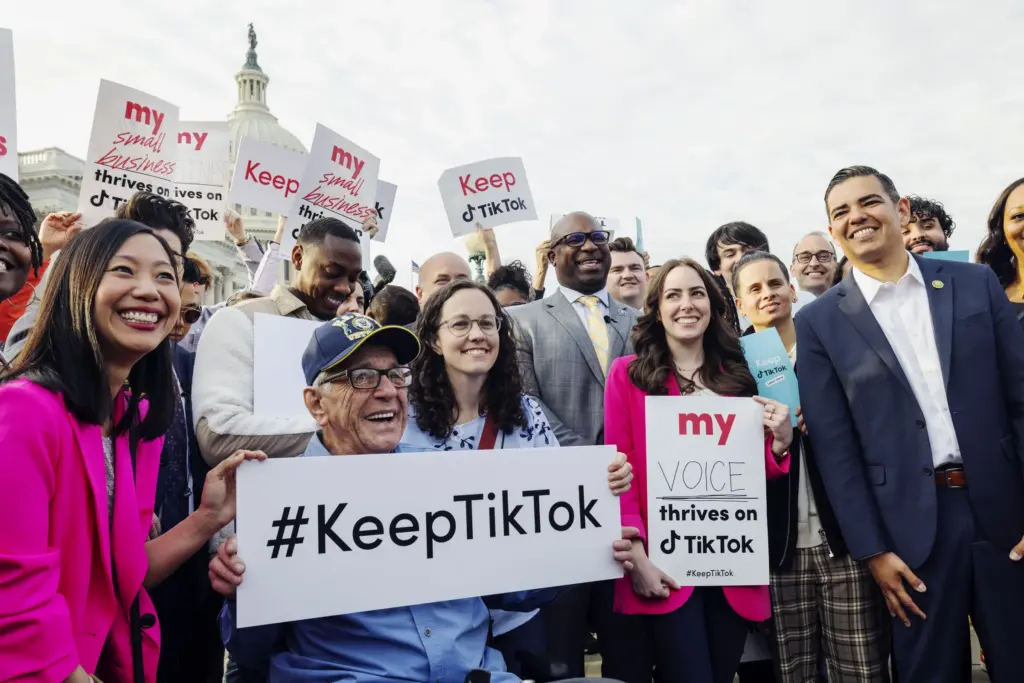
What the Experts Are Saying?
Senator Mark Warner (D-VA):
“Another 90-day extension was never meant to become the norm. This could seriously undermine the law’s credibility.”
Jessica Rosenworcel, FCC Chair:
“We need digital rules for a digital age. TikTok is just the beginning.”
Dan Ives, Wedbush Securities:
“Without China’s blessing, this deal is like trying to sell a Ferrari with no engine. The value’s in the algorithm.”
What This Means for You?
Whether you’re a casual TikTok user or a corporate legal advisor, this affects your world. Here’s how:
For Creators
- Keep producing—TikTok isn’t banned yet.
- Consider expanding your content to YouTube Shorts and Instagram Reels.
- Download and back up your content regularly.
For Businesses
- Be cautious with long-term ad planning on TikTok.
- Watch for changes to TikTok’s advertising rules or algorithm if a sale goes through.
For Legal and Tech Professionals
- Expect a potential uptick in compliance work around data privacy, export controls, and foreign acquisitions.
- Prepare for a wave of new legislation if TikTok is banned or sold.
What Happens After September 17?
If no deal is approved by that date, the U.S. government could:
- Order Apple and Google to remove TikTok from app stores.
- Force internet service providers to block TikTok’s traffic (though enforcement is tricky).
- Impose financial penalties or restrictions on ByteDance.
Most likely, users would lose access, and TikTok would become unusable in the U.S.
Trump’s Travel Ban Explained: What Happens to Visas Issued Before June 9—and Who’s Exempt
Elon Musk Slams Donald Trump’s ‘One Big Beautiful Bill’ as a ‘Disgusting Abomination’ – Here’s Why!
Trump Confirms Elon Musk’s Exit: Special Conference to Address Shocking Cabinet Departure

